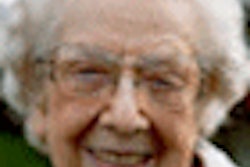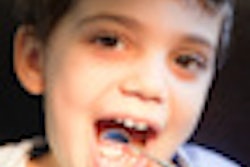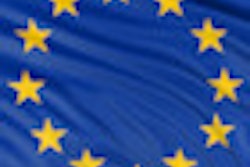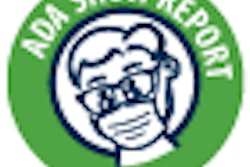A New York University (NYU) College of Dentistry researcher has been awarded a five-year, $3.7 million grant to analyze how racial and ethnic older adults living in underserved urban communities in New York City overcome barriers to accessing oral healthcare services.
The grant, from the National Institute of Dental and Craniofacial Research (NIDCR) and the Office of Behavioral and Social Sciences Research (OBSSR), will enable Mary Northridge, PhD, MPH, an assistant professor of epidemiology and health promotion at NYU, to study recent systems science methodological developments enabled by computational advances.
These advances have spurred a body of research on the effects of multiple scales and dimensions on health behaviors and outcomes using sophisticated computer modeling to assist in analyzing the data, according to the university.
"Systems science is an approach that includes data from the microscale of the mouth, to the interpersonal scale of social networking in the community, to the societal scale, involving issues such as the lack of Medicare coverage for routine dental exams," Northridge stated in a press release. "The systems science approach to framing the problem of dental health among disadvantaged urban older adults is a way of visualizing the problem. This visualization makes it easier to convey the breadth of issues involved in oral healthcare access for older adults and to draw up recommendations for overcoming access-to-care barriers."
Using system dynamics modeling, Northridge and her colleagues will work to advance research that began in 2010 when the NIDCR and the OBSSR awarded Northridge a two-year, $431,914 grant to examine the oral health of medically and dentally underserved Hispanic and African-American older adult participants in an oral health outreach initiative sponsored by the ElderSmile Program of the Columbia University College of Dental Medicine.
In that study, Northridge found that while the rate of edentulism was 27.3% among adults 65 and over nationally, it was 19.5% for adults 65 and older participating in the ElderSmile program. That program provides oral health education, screening, and treatment referrals and hypertension and diabetes screenings and referrals at more than 50 senior centers in the Harlem and Washington Heights/Inwood neighborhoods.
In the new study, investigators will visit senior centers in Harlem and Washington Heights/Inwood to interview 16 directors and staff members and 256 Hispanic and African-American adults ages 50 and older who both are and are not participating in the ElderSmile program.
Based on the study's findings, Northridge plans to develop a protocol for incorporating diabetes and hypertension screenings into routine dental examinations, and to test the protocol in local private practice settings and, ultimately, on a national level.



















